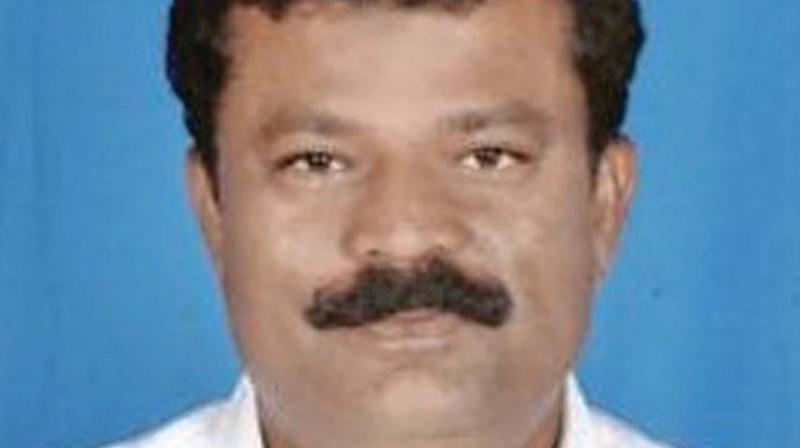Courts need to curb criminal politicians
Criminality among politicians and outright criminals seeking to become politicians is a major issue in our country.

The Tamil Nadu minister Balakrishna Reddy, who had to step down from the Cabinet is one of the first to be convicted by a special court set up to try cases against legislators of Parliament and the state Assemblies. His appeal was dismissed by the Madras high court on the merits of the case as no defence witness had come forward to testify that the politician was not present during riots in TN 20 years ago. The point is the justice delivery system was seen to be moving far too slowly for any verdict to be meaningful towards nipping criminality by politicians in the bud. The idea of special courts to fast-track hundreds of cases against career politicians who have played ducks and drakes with the legal system to stay afloat and enjoy the trappings of power satisfies a long felt need to bring such offenders to book.
Criminality among politicians and outright criminals seeking to become politicians is a major issue in our country. The number of national and state legislators having serious criminal cases pending against them is a clear enough sign that they milk the system through manipulation of justice delivery by endless dilatory tactics. While the special courts to try them serves the lofty principle of no one being above the law, where the judiciary was seen to be backing off was in deciding to ask Parliament to make laws debarring politicians facing serious criminal charges rather than ruling so on its own. To expect politicians to pass laws prohibiting their tribe from contesting elections when they are facing serious criminal charges is akin to asking for the moon. An initiative to cleanse the system can come only from the judiciary rather than the legislature or even political parties agreeing not to sponsor such candidates.
The ruling in the Lily Thomas case in 2013 by which legislators lost their three-month leeway in preferring appeals while clinging to power was a significant step to curb sharp practices. But that alone has not gone far enough considering about 36 per cent of MPs in the Lok Sabha and the Rajya Sabha have serious cases against them while in the case of MLAs the percentage can be as high as 58 per cent in Bihar. In fact, at one time, the percentage was a mind-blowing 82 per cent of MLAs and MPs in a particular party in Jharkhand. A clean election process has been an ideal that India has to pursue if its political system is not to be further eroded by a group of people who have brazenly mocked the polls by nominating proxies to positions of power, as we saw in the famous case of Lalu Prasad Yadav, who is now one of the few political leaders not eligible to stand for elections for some time to come.

